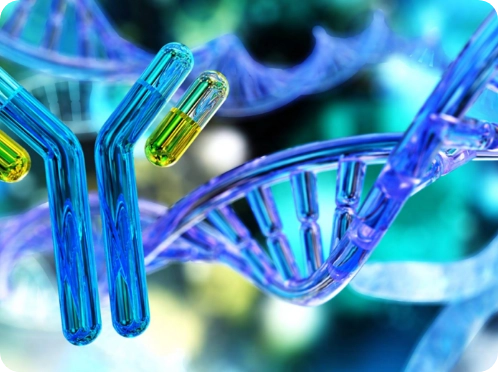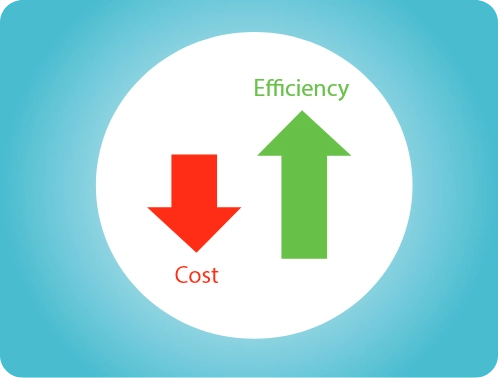In the dynamic world of biomanufacturing, the quest for improved efficiency and productivity continues to shape industry advancements. N-1 Perfusion Technology is a cutting-edge innovation designed to enhance protein yield, particularly antibodies, which are critical for therapeutic applications.
This integrated protein production approach marks a transformative step in biomanufacturing, offering a sustainable pathway to meet increasing demands for biologics, ultimately benefiting patients by expediting access to life‑saving therapies.

N-1 perfusion technology focuses on enhancing antibody production. By increasing initial cell density and employing a modified fed-batch process, this technology presents a scalable solution for commercial protein production.
This modified process incorporated a media blending strategy to prolong culture viability and mitigate the accumulation of harmful metabolites. Notably, this approach delivered a substantial titer increase without compromising product quality compared to conventional fed-batch methods.
Implementing N-1 perfusion technology, also known as the pre-stage, introduces unique challenges. Transitioning from large-scale bioreactors to smaller, dedicated pre‑stage reactors required meticulous optimization to achieve significantly higher cell densities. Traditional processes allocate considerable time to cell growth, limiting the effective utilization of bioreactors. In contrast, the N-1 stage enhanced early-stage cell proliferation, addressing these inefficiencies while maintaining high titers and consistent product quality.

High Initial Seed Density - A starting cell density of 20-40 x 106 cells/mL was employed to maximize bioreactor efficiency. The bioreactor was maintained at peak production capacity by significantly increasing the initial seed density. This shifted cellular focus on rapid proliferation and enhanced protein production, contributing to increased yield.
Blended Media Strategy - This approach enriched nutrients during the N-1 stage to sustain cell health and minimize metabolite accumulation.
Process Optimization - Aeration, agitation, temperature were fine-tuned to shift the process to balance towards cellular productivity and viability.
Achieving higher protein yields, Syngene increased titer by 1.5-4.5 times compared to conventional fed-batch methods. This improvement in time efficiency is due to the reduction of the replicative phase present in traditional processes.
Increase in titer will ultimately lead to lower cost of goods for drug substance or drug product. This will also maximize suite utilization, thereby improving the effective use of manufacturing facilities and driving operational efficiency.